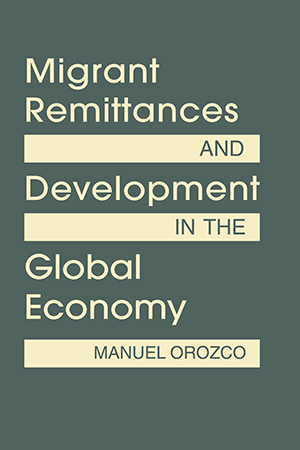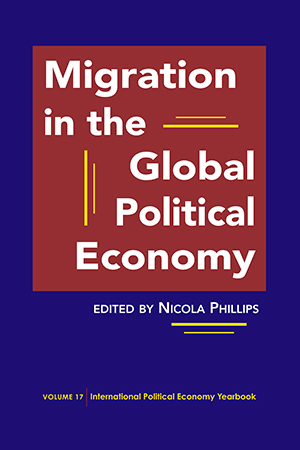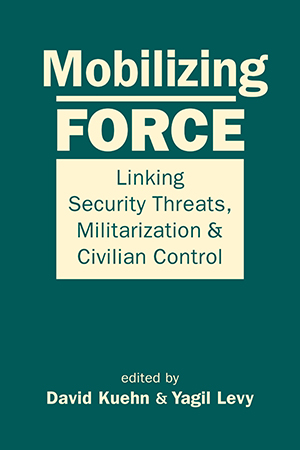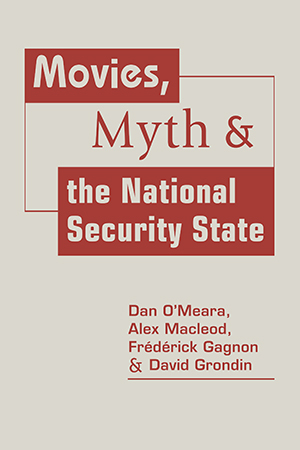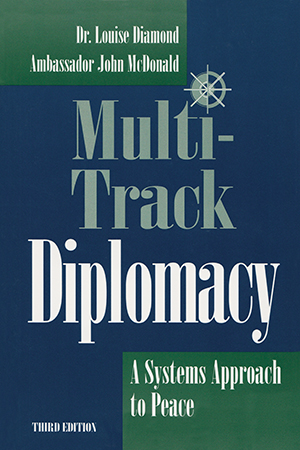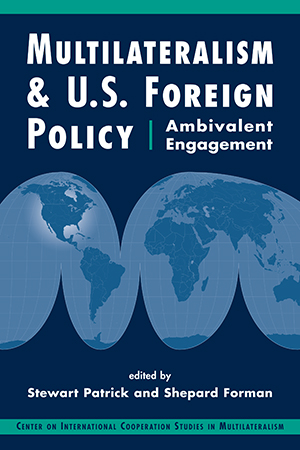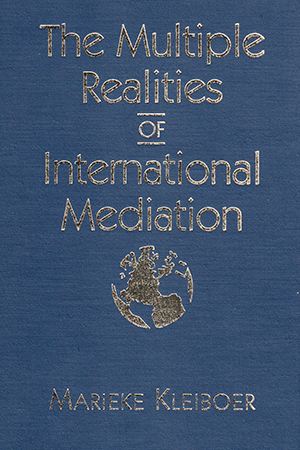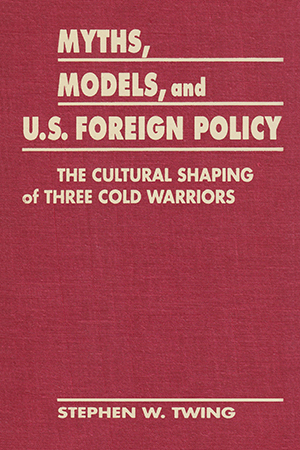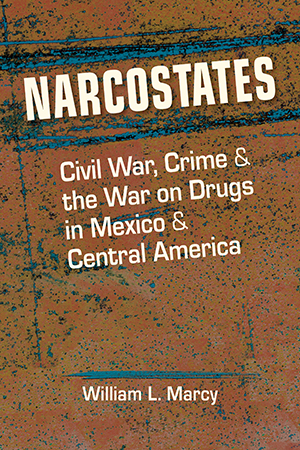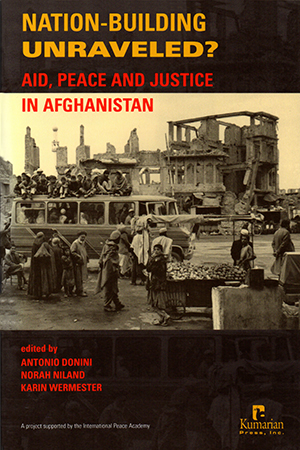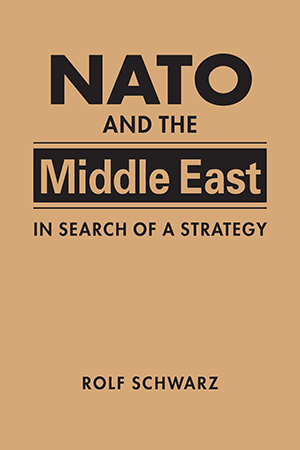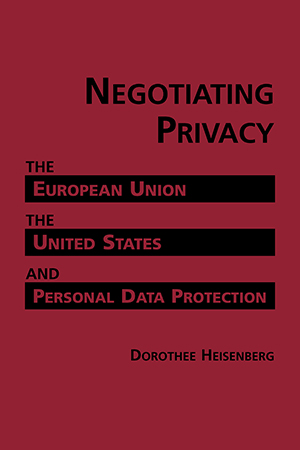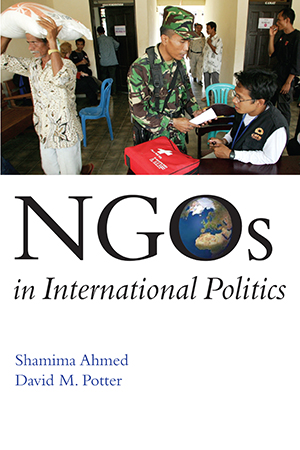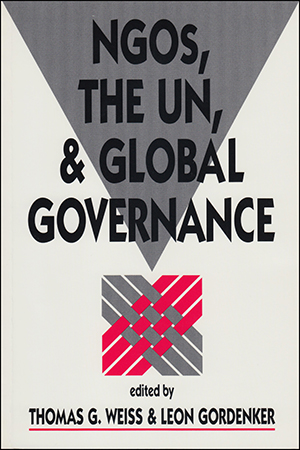International Relations (all books)
Manuel Orozco moves beyond the numbers to provide a uniquely comprehensive, historically informed overview and analysis of the complex role of migrant remittances in the global More >
How does the evolution of global capitalism shape patterns and processes of migration? How does migration in turn shape and intersect with the forces at work in the global economy? How More >
What leads a democratic government to use military force to counter a domestic or external threat? How does it legitimize this mobilization to its citizenry? And what is the significance for More >
While analysts may agree that Hollywood movies have always both mirrored and helped to shape the tenor of their times, the question remains: Just how do they do it? And how do we identify More >
Exceptional in its systemic approach to peacemaking and conflict resolution, Multi-Track Diplomacy identifies the actors and activities that contribute to peacemaking and peacebuilding More >
When should the United States cooperate with others in confronting global problems? Why is the U.S. often ambivalent about multilateral cooperation? What are the costs of acting alone? These More >
Recent experiences have demonstrated once again the complexities of brokering an end to deep-rooted ethnic and international conflicts, as well as the difficulties of evaluating the outcomes More >
In what ways does national culture influence the direction of U.S. foreign policy? What are the mechanisms through which culture shapes policy outcomes? Stephen Twing’s thoughtful More >
How did Mexico and Central America become a lawless corridor for conveying narcotics into the United States? How did the drug cartels rise to power, succeeding in institutionalizing the More >
Using Afghanistan as an illustrative case, Nation-Building Unraveled? offers insiders’ perspectives on how emerging international practices are affecting the roles, policies, and More >
Over the course of more than seven decades, NATO has sought, but not settled on, an effective strategy for interacting with its neighbors in the Middle East and North Africa. Rolf Schwarz More >
Placing the debate squarely within the discipline of international relations, Albert Paolini assesses the key personal and political dimensions of postcolonialism—one of the major More >
How did the European Union come to be the global leader in setting data privacy standards? And what is the significance of this development? Dorothee Heisenberg traces the origins of the More >
NGOs in International Politics surveys the full spectrum of NGO activities and relationships in a manner accessible to undergraduate students. In Part 1 of the book, the authors discuss More >
A comprehensive exploration of the role of nongovernmental organizations in the international arena, this collection examines the full range of NGO relationships and actions. The authors More >


